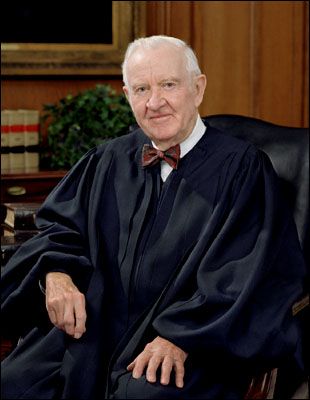Social Sciences and the Law

reading. Wikimedia Commons (Bangladesh Blogger, CC)

John Paul Stevens. Wikimedia Commons (Public Domain)

Alexis de Tocqueville. Wikimedia Commons (Public domain)
The category of social sciences and the law includes everything from anthropology and archeology to education and law. While its study often includes elements of archeology, anthropology covers the study of cultures, social relations, and human behaviors. Anthropologists and archeologists have studied the Aztecs to the Australopithecus, or early man, and have furthered our understanding of both.
I ... Read more
f money makes the world go around, then economics and business make money go around. From Andre Carnegie to Bill Gates, businesspeople have always been pioneers in innovation and in philanthropy. Economics, at its most basic level, is the study of supply and demand, and we see it in action every day at the world’s stock exchanges.
Education, which continues to be available to more and more people, is the foundation of advanced civilization. The modern system of colleges and universities began around the 12th century as a way to achieve further training in law, theology, and medicine. Today, universities and other places of higher learning can be found in every country.
The practice of law began around the time of the Magna Carta and today has created a system of justice that’s as varied as the countries and cultures of the world. This leads into another element of social sciences and the law, namely political science and government. Around the world, there are many political systems, from democracies to dictatorships.
Sociology and social reform has continued to change the landscape of human rights and our understanding of how people interact. Leaders who fought for social reform include Dr. Martin Luther King, Jr. and Mahatma Gandhi.



